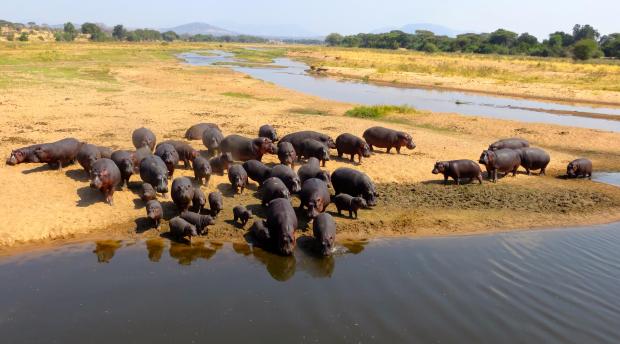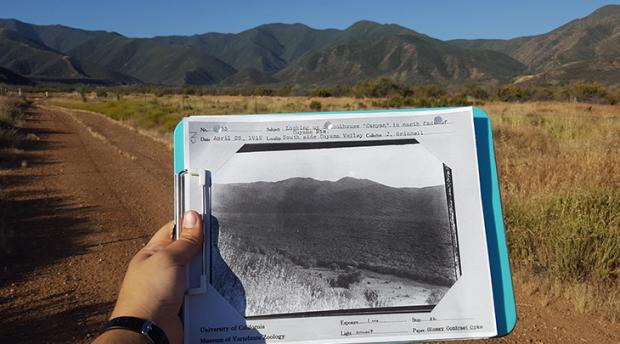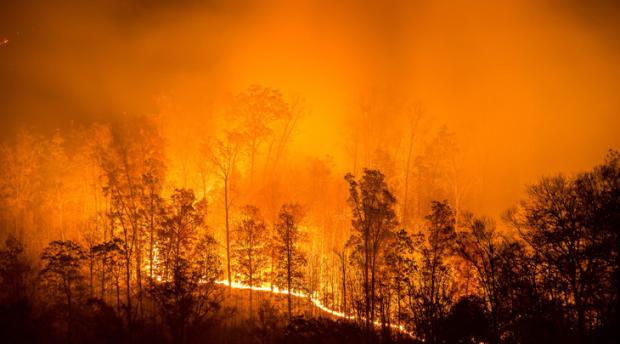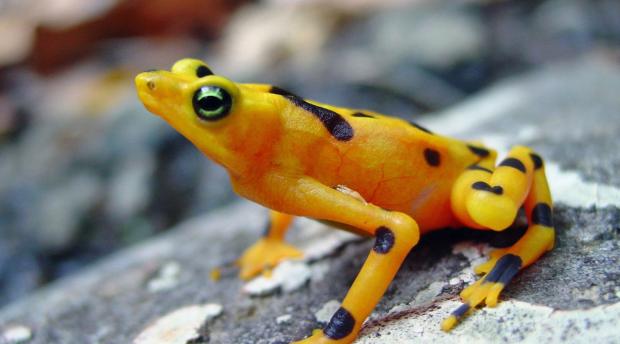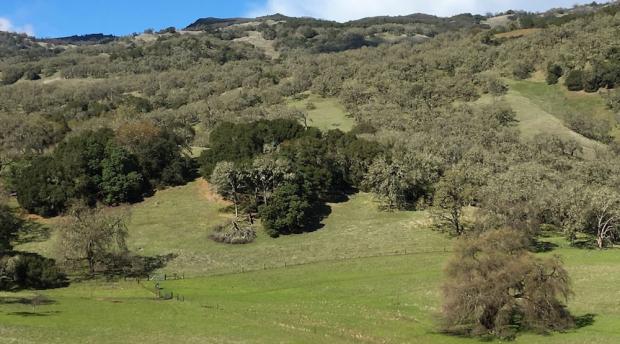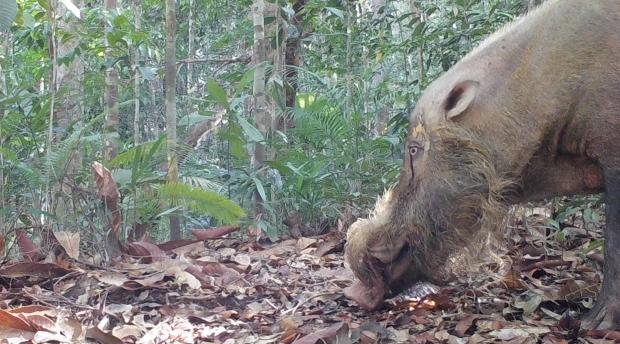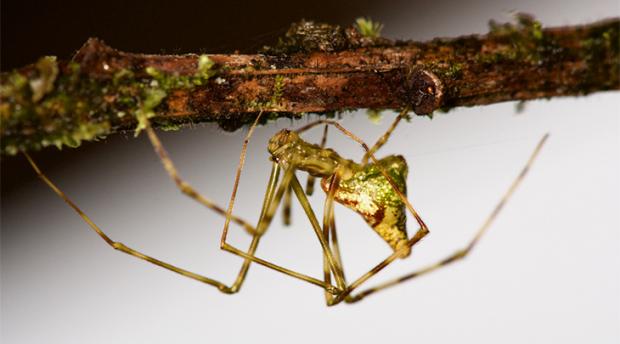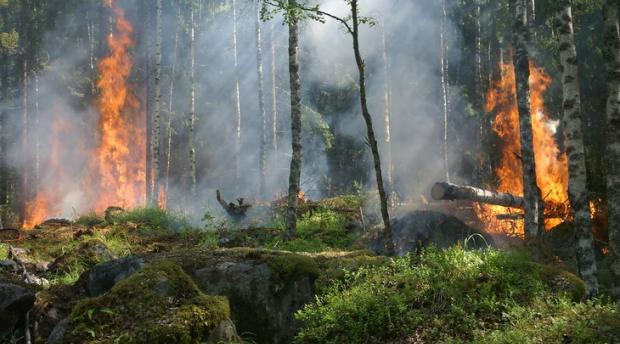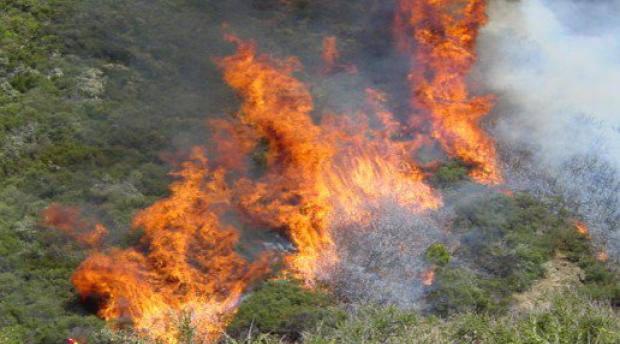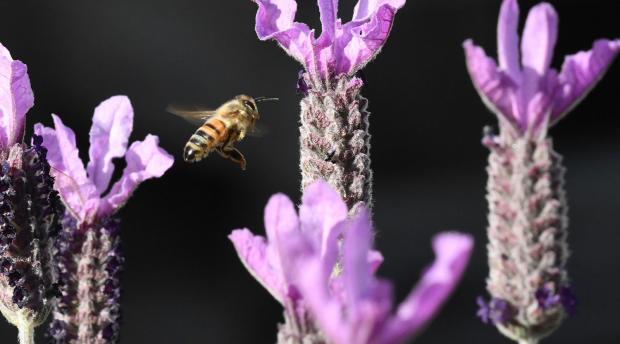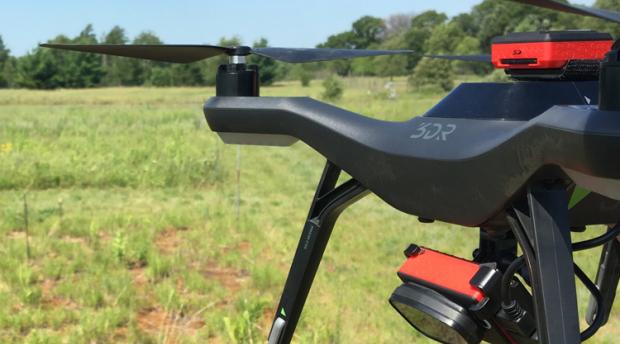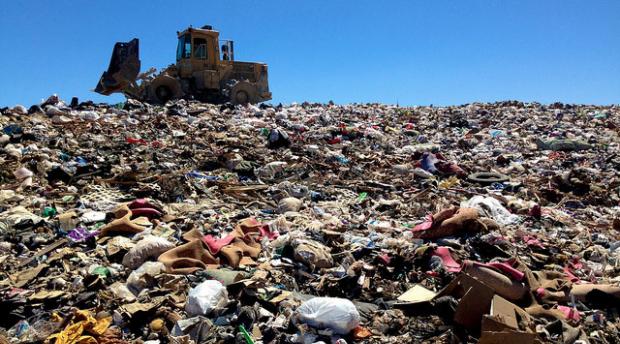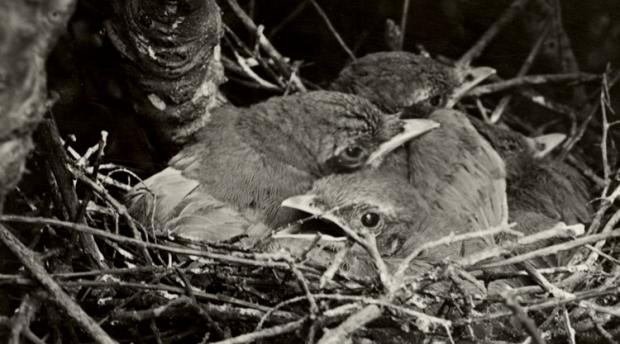Research
Closing coal, oil power plants leads to healthier babies
Shuttering coal- and oil-fired power plants lowers the rate of preterm births in neighboring communities and improves fertility, according to two new studies.
Berkeley researchers awarded 500 Cities Data Challenge grant
Rachel Morello-Frosch's research team will study environmental noise, mental health outcomes, and hypertension in American communities.
Hungry, Hungry Hippos
A new study finds that global change may alter the way that hippos shape the environment around them.
Unprotected mountains more vulnerable to climate change
A new study reveals that nearly half of all mountain ranges fall short of current conservation targets.
Across a Century of Change, the Gift of a Baseline
ESPM researchers are retracing the steps of pioneering naturalist Joseph Grinnell to document how California’s creatures have responded to an evolving environment.
Continuing the Mission of Cooperative Extension
ESPM assistant Cooperative Extension specialist Jennifer Sowerwine works to restore culturally relevant food systems to immigrant and Native American populations.
From Genes to Global Solutions
ESPM faculty are conducting research on microbiology and CRISPR genome-editing, as well as the societal and economic impacts of the new technology.
Where there's smoke
For years, ESPM researchers have been studying fire, its causes and its repercussions. Now, in the wake of last fall's wildfires, their work has become more important than ever.
Some species of endangered frogs may be making a comeback
Research from the Rosenblum lab has found that populations of several Panamian frog species are slowly making a comeback against a deadly pathogen.
Study links eating out to increased phthalates exposure
New research suggests that restaurant meals lead to higher levels of plastic-based chemicals in the body.
Land degradation pushing planet towards sixth mass extinction
More than 100 experts from 45 countries have published a three-year study of the Earth’s land degradation.
Plants really do feed their friends
New research shows that that as plants develop they craft their own root microbiome, favoring microbes that consume very specific metabolites.
Bearded pigs adapting to oil palm production
Borneo's wild pigs are adapting to expanded agricultural production—but the species is still in need of protection.
How brightly colored spiders evolved on Hawaii again and again … and again
Rosemary Gillespie's new research sheds light on the evolution of Hawaiian Ariamnes stick spiders.
Management, firefighting crucial to determine wildfire risk
New research demonstrates that vegetation management and firefighting play major roles in determining fire risk in California.
Study reveals that chaparral fire management can devastate California’s wild birds
Fire-risk reduction practices of California's iconic shrubland ecosystem disrupt wild bird populations, new research shows.
Population genetics could help breed a hardier honey bee
New research creates a genetic snapshot of California’s honey bee populations, charting 105 years of change for this essential pollinator species.
Deploying drones to follow the water
Drones will play a key role in assessing the impact of highly variable water resources around the state thanks to a new $2.2 million grant from the Gordon and Betty Moore Foundation.
Kate O’Neill examines China’s new ban on “foreign garbage”
Will China’s crackdown on imported scrap force the US to recycle more of our waste?
California birds nesting a week earlier than they did a century ago
A new study from professor Steven Beissinger suggests that many of the state’s birds are adapting to rising temperatures by breeding earlier than they did a century ago.




